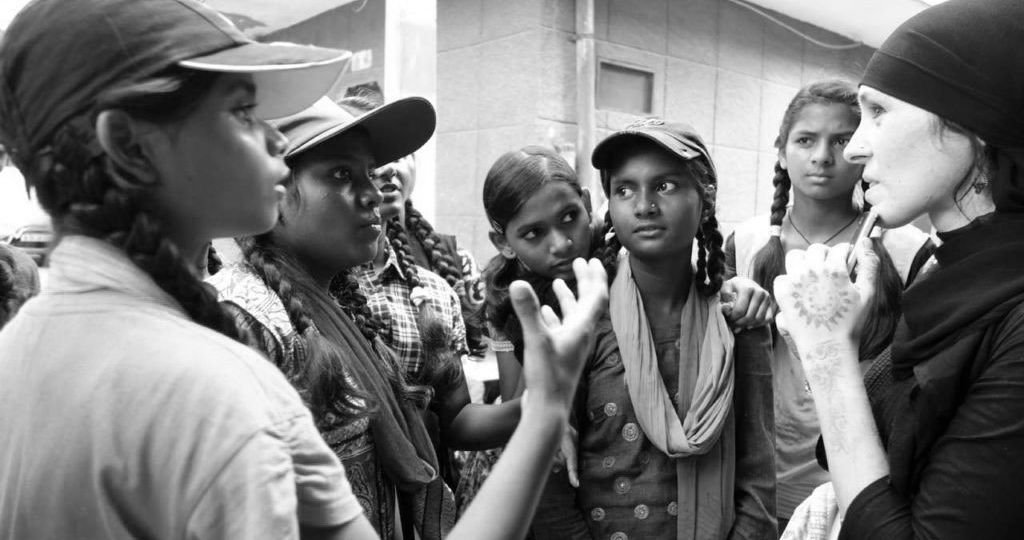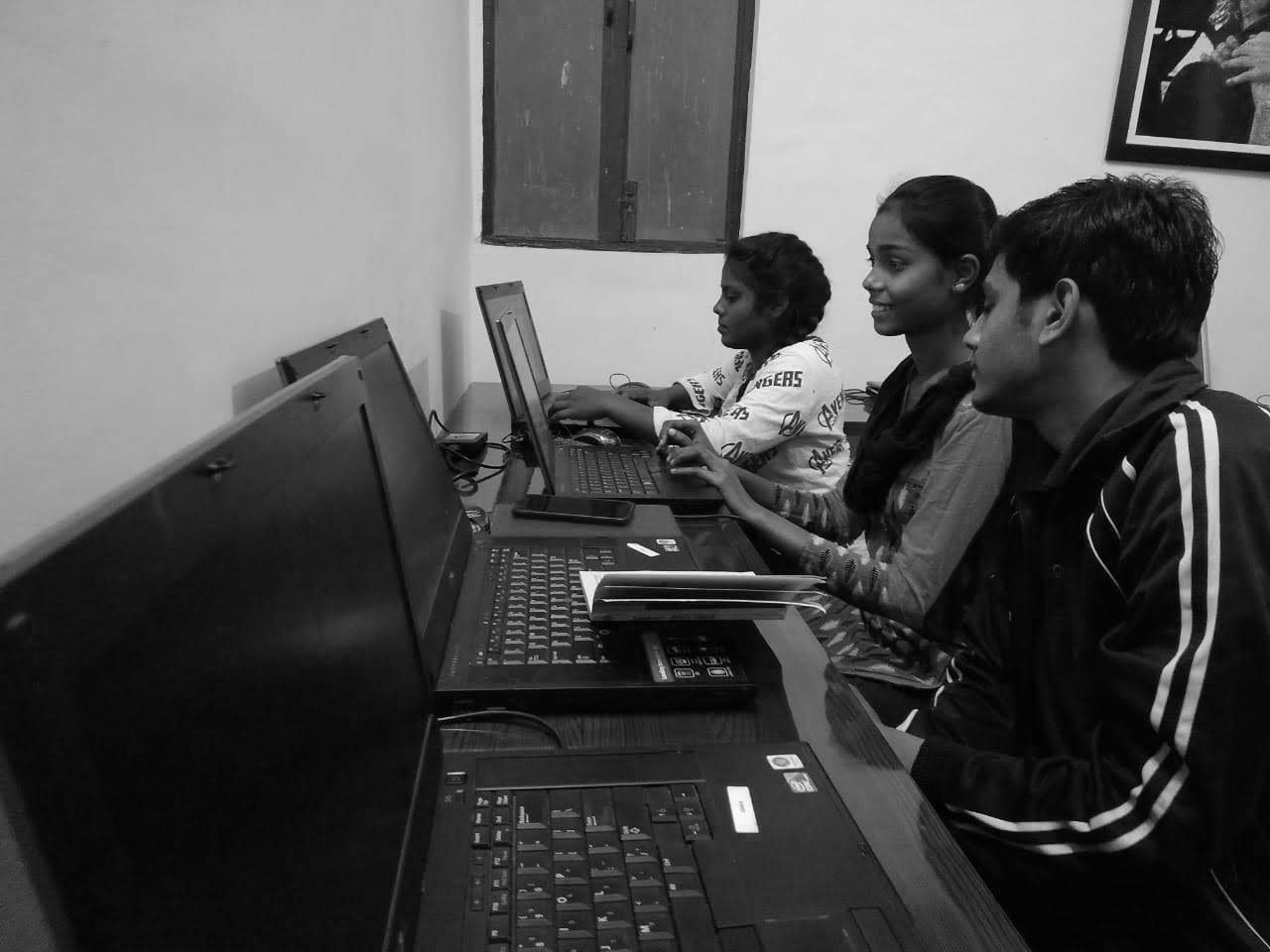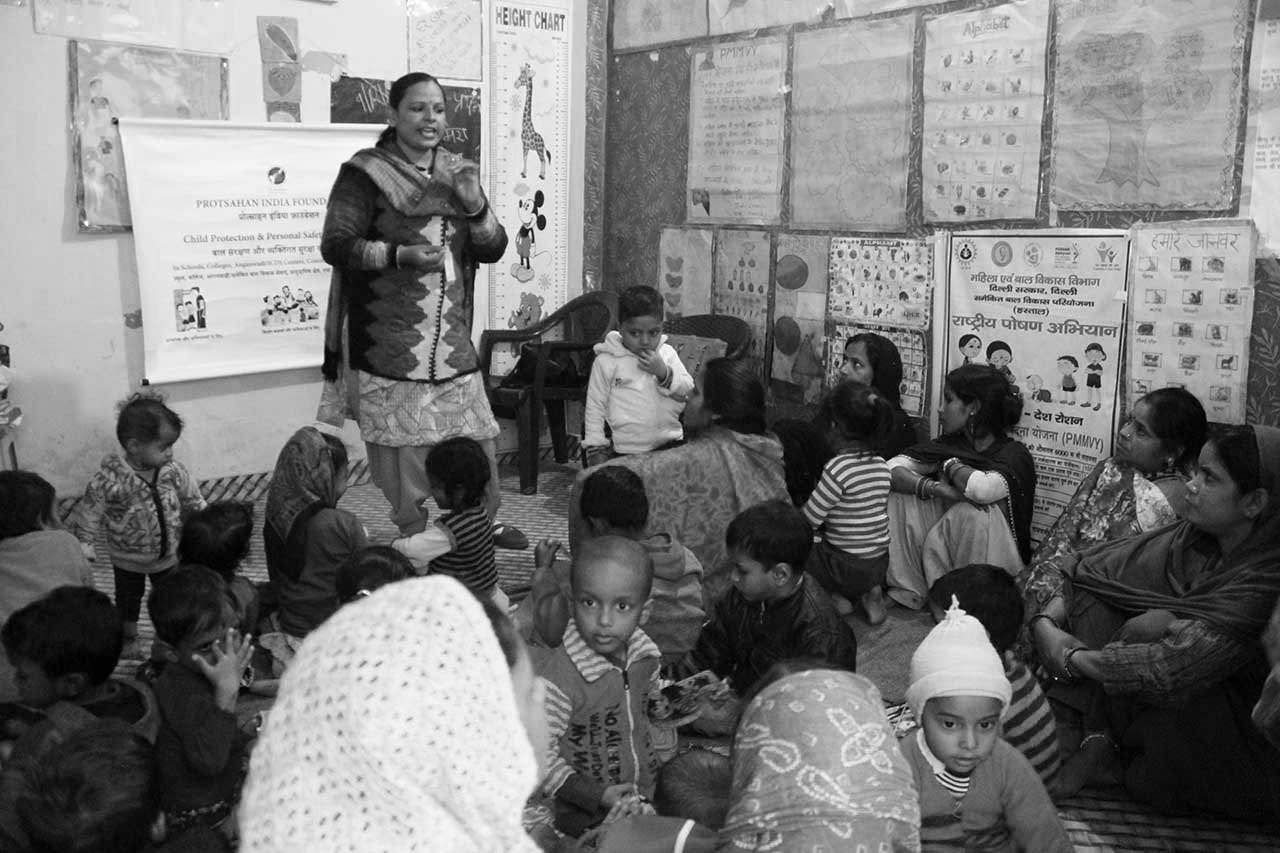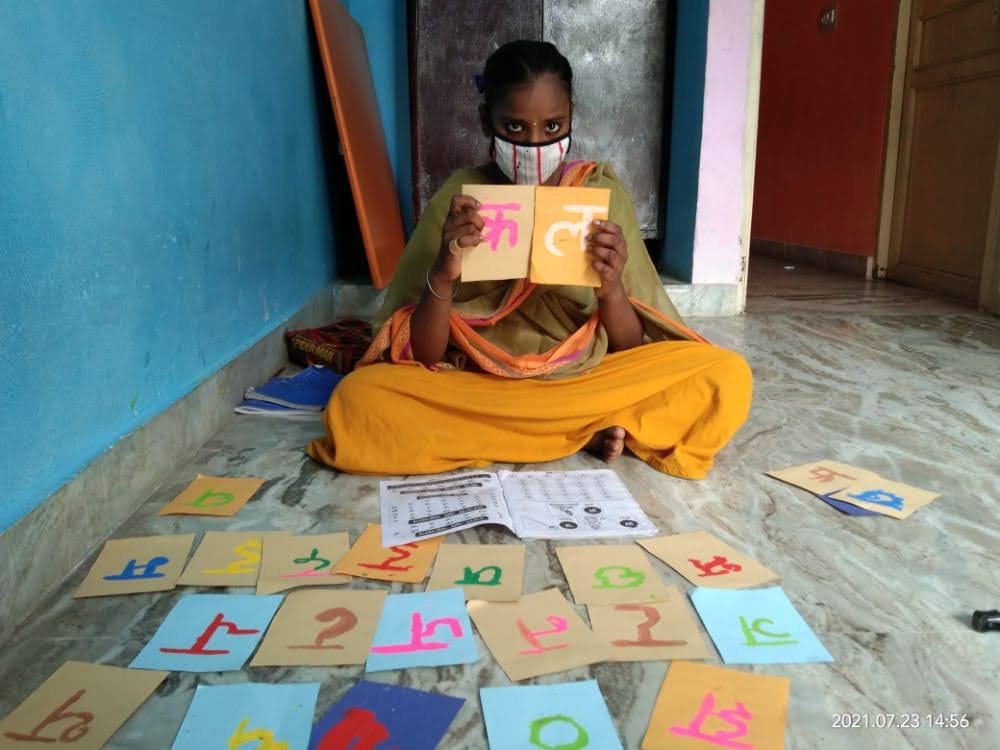
Parenting today is not just about sending children to school with a healthy tiffin, ensuring their homework is complete, and they excel in sports so that they have a shot at the best colleges in a reputed university. It is a far more complex task than it used to be, because parents also have to prepare their children against any possible sexual abuse.
It is a stressful and an unpleasant task for most parents to even plan to have a frank conversation with the children about their own safety. They often fear that it might scare the children, and take away their innocence. However, with two out of three children in India facing abuse or the risk of abuse from someone they know and trust, unpleasant as it may be, talking to your children about sexual abuse is as essential as enrolling them in a good school.
Here are a few pointers that can help parents on how to talk to your kids about sexual abuse.
Start talking to them early
The earlier you start talking to them, the better it will be later in life when you want them to share their thoughts and feelings with you freely. The best thing you can do for your kids is to make them believe that no matter how little a thought they wish to share, it is important for you to hear that. Teach them about boundaries, about what is appropriate and what is not.
Talk about body parts without the feeling of shame
Tell them the correct names of the body parts from and let them know that their bodies are normal. Answer their questions about bodily functions and sex in a normal manner without associating any shame to their curiosity. Never force them to sit on someone’s lap or give hugs and kisses. If they’re not comfortable, don’t make them do it.
Encourage them to talk freely
Never discourage them to talk to you by punishing them for telling the truth. When you do that, you are sending negative reinforcement related to truth, and they will start hiding things from you. Instead, encourage them to tell the truth and talk to you freely, so that when the need arises, they always let you in on the complete picture without hiding any facts from you. When they do, listen to them and act on their inputs, never brush aside their fears and apprehensions, especially if those are related to a person your child interacts with frequently without your supervision.
Talk to them about safety and privacy
Tell them that they are the only ones allowed to touch their body parts, especially sexual body parts, except when a doctor or someone approved by parents needs to examine them for health or hygiene related reasons. Let them know that their private parts are not meant to be shown to anyone else, no matter what, and if someone forces them to do so, they need to tell you immediately. It is equally important to tell them that it’s not okay to look at someone else’s private body parts either, and if someone forces them to see it, then too they need to tell you about it.
 Good touch vs. bad touch
Good touch vs. bad touch
Talk to them from an early stage about inappropriate touch. Anything that makes them uncomfortable is not okay at any stage. It is important for them to know that no one has the permission to touch them whether they are wearing clothes or not. It may not feel inappropriate or hurtful to them when someone touches them, and it may even feel good in the moment. A child may not talk about it if he or she feels that they are to blame for feeling that way. It is important to tell them otherwise, and that if any adult, whether from within the family or a stranger touches them, makes them feel uncomfortable or not, they should tell you about it immediately.
No body secrets, ever
It happens frequently that the perpetrators threaten or bribe the children with gifts to keep their acts secret, telling them that it was “just play”. It might involve a direct threat to the safety of the child or the family, or that the “play” was the child’s idea and other people will not allow appreciate that. Tell your kids that it is not okay to have any body secrets from them at any time, and that if someone threatens them, then they definitely need to talk to you freely without any fear of being reprimanded.
Tell them about reproduction and reproductive health
Children are curious by nature, and as parents, we should not try to supress that curiosity. Instead, give them age-appropriate information about sexual reproduction and reproductive health using illustrated books whenever possible. Masturbation or pronography are taboo subject, but with children, it is important to make sure they have the correct information about it, instead of letting them to rely on myths and feeling ashamed about it. Let them know that rubbing genitals may feel good, but must be done in an absolutely private place when no one is around.
Teach them to say ‘No’
Don’t encourage them to do anything that anyone tells them to. Teach them to say a clear ‘no’ if they feel uncomfortable in any situation. Rehearse saying things like “stop it or I’ll tell my mom/dad” with them frequently. Teach them alternatives as well, like saying “my parents are coming to pick me up”, or “I have to go to the bathroom” whenever they feel that they can’t say a direct ‘no’ in a particular situation.
Validate their decision to seek your help
“Always” validate their decision to seek your help in any situation. This will ensure that the child’s trust in you is strong, and that when he or she comes to you asking for help, you will surely listen to them. It is crucial for them to feel this way, because only then will they be able to speak freely with you about anything and everything that will keep them safe from predators.
Create an atmosphere of trust at home
Rehearse if you must, but while talking to the child, make sure that you do not exhibit any shyness or inhibition to talk about sexual abuse because children pick up on those signals that it is not okay to talk about the issue. This will come in the way of a fruitful conversation with them in the future as well. If they do not respond, let them know that the conversation can be continued later. Be ready for their questions, and address each of them in a calm, composed, and confident manner. If you do not have answers for them, look them up, but always provide them with the correct information.
Keep reinforcing the message, clearly and regularly
Don’t let the conversation die down after bringing it up once or twice. With children, it is of utmost importance to keep talking to them, and keeping them engaged so that they never feel as if they need to wait for the ‘right moment’ to talk to you when you start the conversation again. Find opportunities to talk to them about body safety, pick up examples from the television or from the newspapers, but keep talking to your children regularly.
Believe them when they tell you something
‘Always believe in your child when he or she tries to tell you something’. Don’t ask them to hurry up when they seem to falter and beat around the bush in sharing something with you. Make them feel comfortable, and let them know that you will believe whatever they have to say. Tell them it’s okay to feel overwhelmed in a situation, and that they are not alone in it, they have your unconditional support.
Child sexual abuse is a scourge of our society, and it can affect children from every age group, gender, and socioeconomic background. The perpetrators can be adults or other children as well. In more than 50 percent cases, the perpetrator is known to child or a close family associate. That’s why it is important that the conversation on sexual abuse becomes a part of everyday conversation parents have with their children. However, with kids, the key is to make sure that these conversations start at an early age, and are reinforced regularly to ensure that the information you share with them is retained for longer. Parents must speak freely and teach the children to do the same as well, because the only way to protect children is to empower them with knowledge about child sexual abuse.
















